
Article
Home/Article/Taiwan Chief Executive Officer Club for Social Benefit Work with Local Youths to Move the Sugar Culture Forward
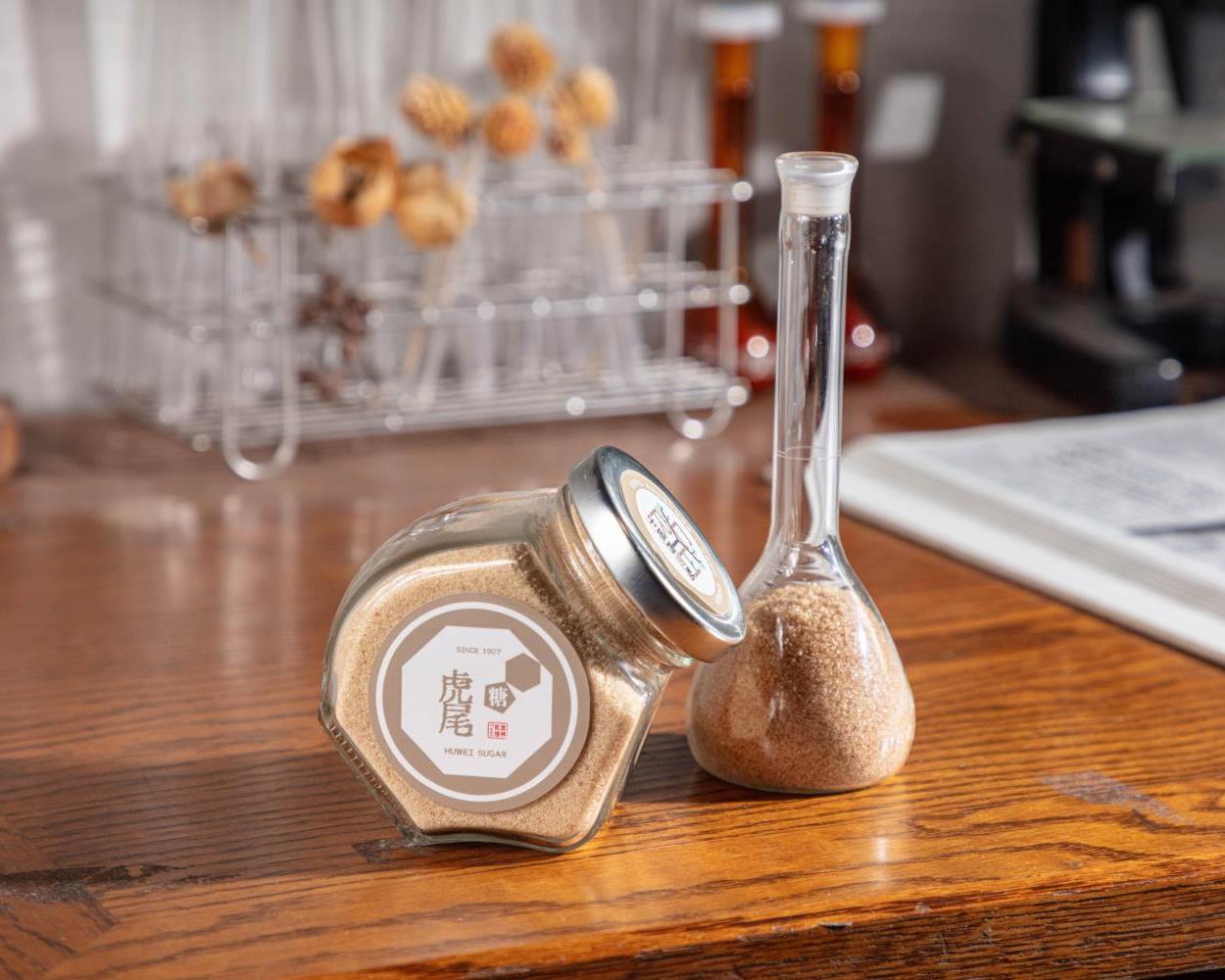
Taiwan Chief Executive Officer Club for Social Benefit Work with Local Youths to Move the Sugar Culture Forward

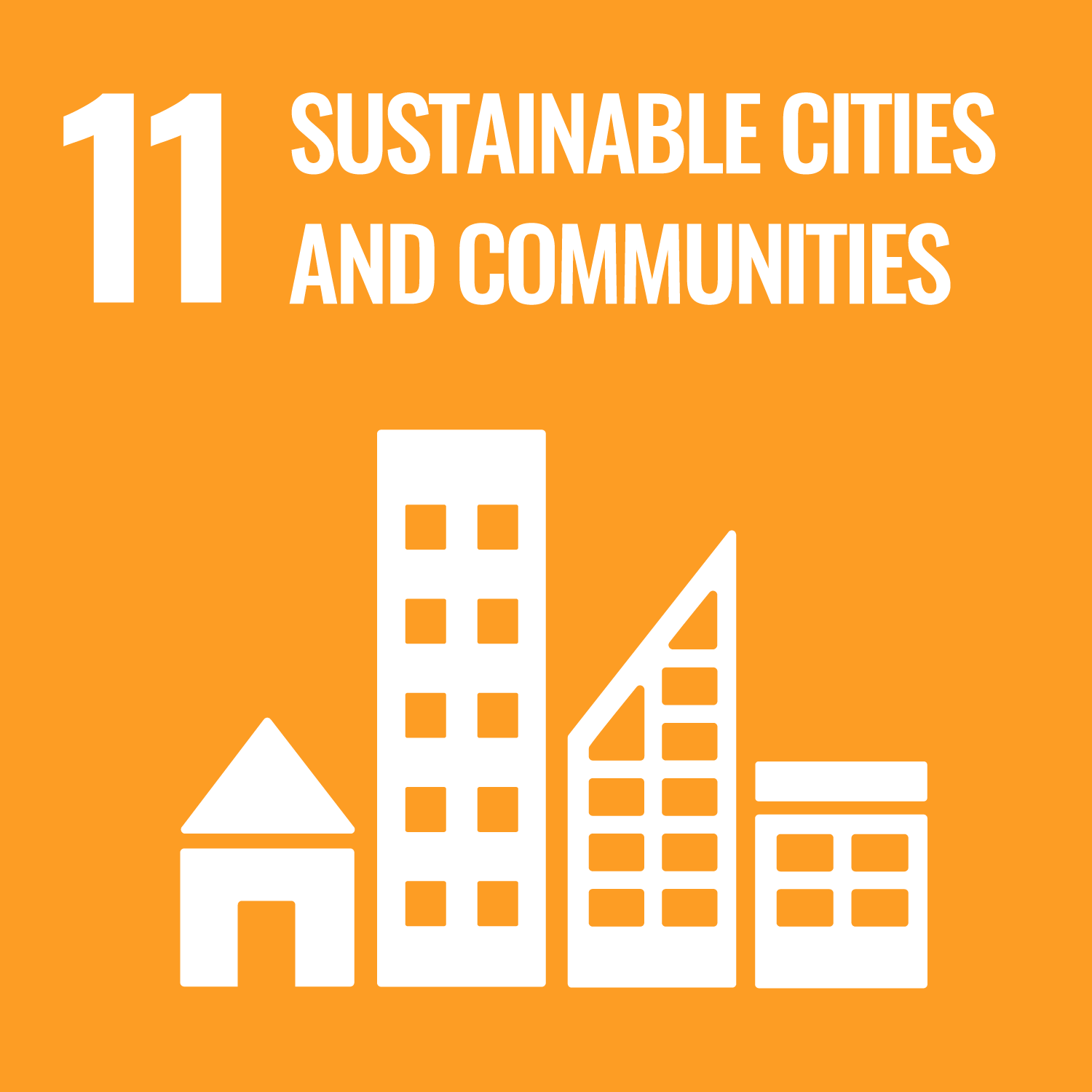
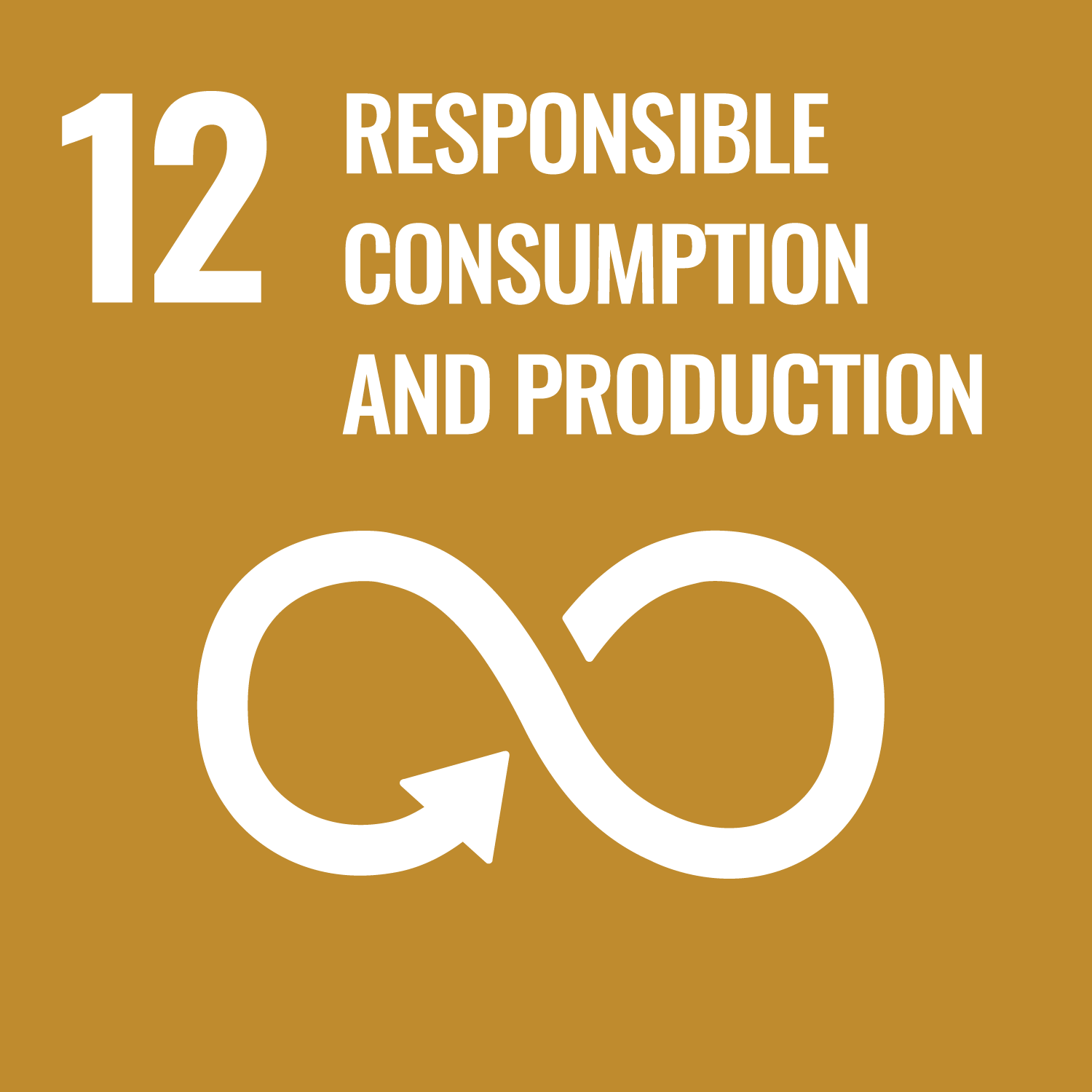
The first site in the Office of Taiwan Chief Executive Officer Club for Social Benefit in Huwei Township, Yunlin County, is a charming historical building. The structure was originally the "Tainan Court Huwei Branch Office." During the Japanese Colonial Rule Period, with the establishment of the sugar factory, the office was a local administrative center. Within the same block, there are also the Yunlin Story House and Yunlin Hand Puppet Museum from the same era. Those historical buildings create a serene Japanese-style atmosphere that transports visitors back to the time a half century ago.
This building is called "Yunlin Memory Cool," which was named by the Chinese homophonic pun of "Historical Memory Archive." "There are many filing cabinets preserved from that era in this building that we believe hold historical significance, symbolizing a place that treasures past memories while also embracing future ones," Mr. Chen Meng-qiu explained, the project manager for personnel at the Club. Those filing cabinets have been preserved from the Japanese Colonial Rule Period till today. After the war, the building was once used as a court warehouse and was announced a historical building by Yunlin County Government in 2012. The building is currently managed by the Club and provides facility tours, dining options, occasional events and exhibitions, as well as customized local tours. "This is a free-entry space where the public can visit at any time, serving as a contact point for us to connect with the community," Mr. Chen added.
Reviving Historical Atmosphere Through Local Culture
The Club established in 2010, the key staff were from the executive directors and supervisors of the social welfare field. The Club focuses on youth development, agricultural policies, and support for disadvantaged groups, showcasing a diverse development approach. Mr. Chen explained that the Club adopts an amoeba-like organizational model (task-specific teams based on project needs). "We have a chef who studied in Australia, a designer skilled in curating, and even talents with social work backgrounds, allowing us to adopt a flexible approach in elderly care services."
Mr. Chen noted the key development of the Club is the historical investigation and research of "Yunlin's local culture," with the goal of transforming those cultural elements into products that resonate with the public. It presents through three aspects: cultural dining design, souvenir development, and sugar industry cultural experiences.
Firstly, the dining design transforms history into culinary experiences. At the restaurant operated in "Yunlin Memory Cool," it periodically launches literary-themed dining events, integrating stories of writers and the cuisine of their hometowns. The dishes are made with seasonal ingredients and are presented in a western-style eastern cuisine approach, combining the essence of private dining with storytelling.
Secondly, Huwei Sugar Factory is famous for its iconic sugar train, which transports sugarcane. However, it surprisingly lacked any souvenir products for the visitors. Mr. Chen noted that in an investigation of the cultural path of the Huwei sugar industry, the Club's staff discovered that during the Japanese Colonial Rule Period, the factory produced a type of Taiwanese "soft brown sugar" made from the first crystallization of raw sugarcane juice. (Originating from Japan, the sugar's name derives from the three times heating the sugar liquid remaining after crystallizing pure cane sugar). This sugar features fine granules and a lower sweetness level. Therefore, the Club cooperated with the Huwei sugar factory to produce this sugar. The factory manufactures the sugar, and the Club purchases them all for marketing and promotion by naming it "Huwei Sugar." The sugar is produced in small family packages and souvenir jars. Additionally, Huwei Sugar is utilized for the dishes and afternoon tea desserts of the Club's restaurant.
Using Experience Activities to Explore the Sugar Industry Culture
The most popular activity is the seasonal tour, "Chasing the Sugar Train." The sugar train of Huwei Sugar Factory, which transports sugarcane through town streets, is a unique sight in Taiwan. This activity is not only a favorite among rail fans but also highly sought after by tourists from outside the region. Mr. Chen explained that the Club is committed to researching the cultural path of the Huwei sugar industry and showcasing the distinctive charm of the sugar train. Over the three years of hosting the activity, the number of participants has grown annually. This year, the tour was expanded to include Beigang Sugar Factory and Chiayi Suantou Sugar Factory, featuring a two-day and one-night itinerary.
In addition, to make the sugar industry culture more attractive, the Club has gamified the experience by creating a real-world puzzle-solving activity. This activity does not only add an element of fun but also allows participants to gain a deeper understanding of Huwei's local culture.
Empowering Youth and Creating Job Opportunities
Occupying an area of 200 ping (about 661 square meters) and existing over a century, the third official dormitory of the Huwei Sugar Factory is a heritage site and a second pavilion of "Yunlin Memory Cool" operated by the Club. Originally built during the Japanese Colonial Rule Period as a company residence for senior employees and their families of the Dai Nihon Seyto Company. After the Club's management, it offers a variety of services, including afternoon tea, essential oil massage experiences, venue rental, Japanese-style "Zhua Zhou"(a traditional career forecast party for one-year-old children), full-site rentals for events, and overnight stays. Additionally, a cultural and creative market is held on the last Sunday of each month. "After a full site rented for a Zhua Zhou party, our creativity was sparked by the clients, leading us to organize birthday and wedding parties, both of which have been well received," said Mr. Chen. Among the Club's business revenue, venue operations account for the largest share, followed by customized tour packages, and finally, escape room games.
The Club has 14 employees, including 3 project managers and 5 staff members. Most of these talents are subsidized by the "Yunlin Glory Revival-Old Culture, New Economy" project, which is supported by the Ministry of Labor's "Empowering Employment Program," accounting for more than half of the total workforce and predominantly consisting of young people.
Mr. Chen Meng-qiu stated that the Club has been rooted in the community over the decade. The Ministry of Labor provides the talent support and empowers 17 young people to work in their hometowns, aligning with the Club's mission of cultivating the young leaders. "As long as you are willing to work, there will be a job suitable for you." The Club continues to create job opportunities for young people.
Official Facebook Page of Taiwan CEO Club for Social Benefit
Ms. Huang Ying-rui and Ms. Huang Xin-yi: Separating the outside and inside of the business products.
Two young talents, Ms. Huang Ying-rui and Huang Xin-yi, both joined the workforce at "Yunlin 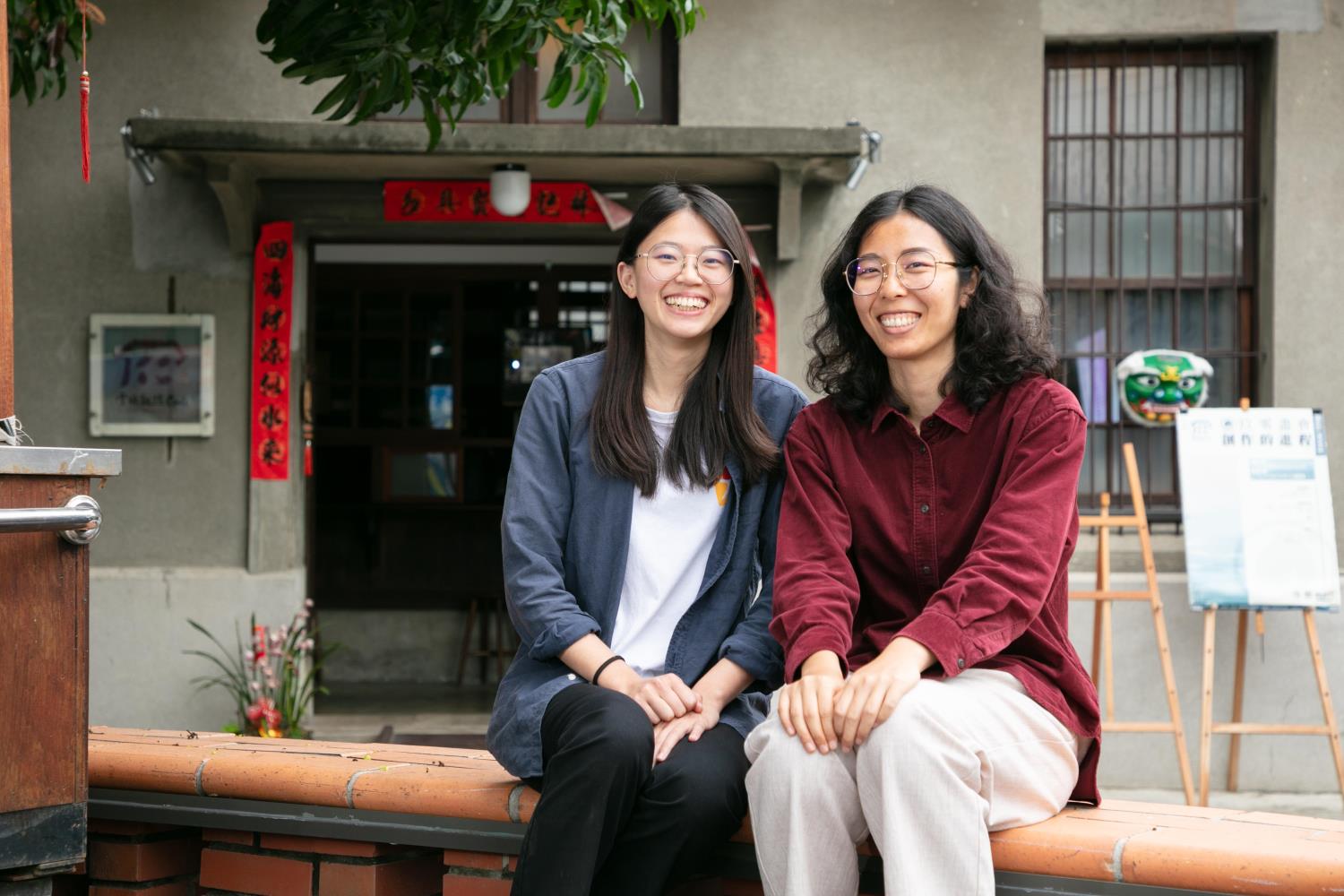 Memory Cool" by participating in the Local Yunlin Life Experience Activity organized by the Club. Ms. Huang Ying-rui (left) graduated from the Department of Food and Beverage Management of Shih Chien University and so far, is a project manager specializing in dessert development. She leverages her expertise and the local specialty "Huwei Sugar" to create 20 to 30 delightful desserts that bring comfort and joy.
Memory Cool" by participating in the Local Yunlin Life Experience Activity organized by the Club. Ms. Huang Ying-rui (left) graduated from the Department of Food and Beverage Management of Shih Chien University and so far, is a project manager specializing in dessert development. She leverages her expertise and the local specialty "Huwei Sugar" to create 20 to 30 delightful desserts that bring comfort and joy.
Graduated from the Department of Commercial Design of National Taichung University of Science and Technology, Ms. Huang Xin-yi is responsible for product packaging and event curation design. Many commercial products of the Club are born from her creativity. As a graphic design major, she shared, "Through the Club's curating events, I learned not only how to realize my designs into life but also honed my workflow and communication skills. Although it was challenging, those experiences taught me a lot." Ms. Huang said with deep feeling. (Photo by Lin Ying-cheng)
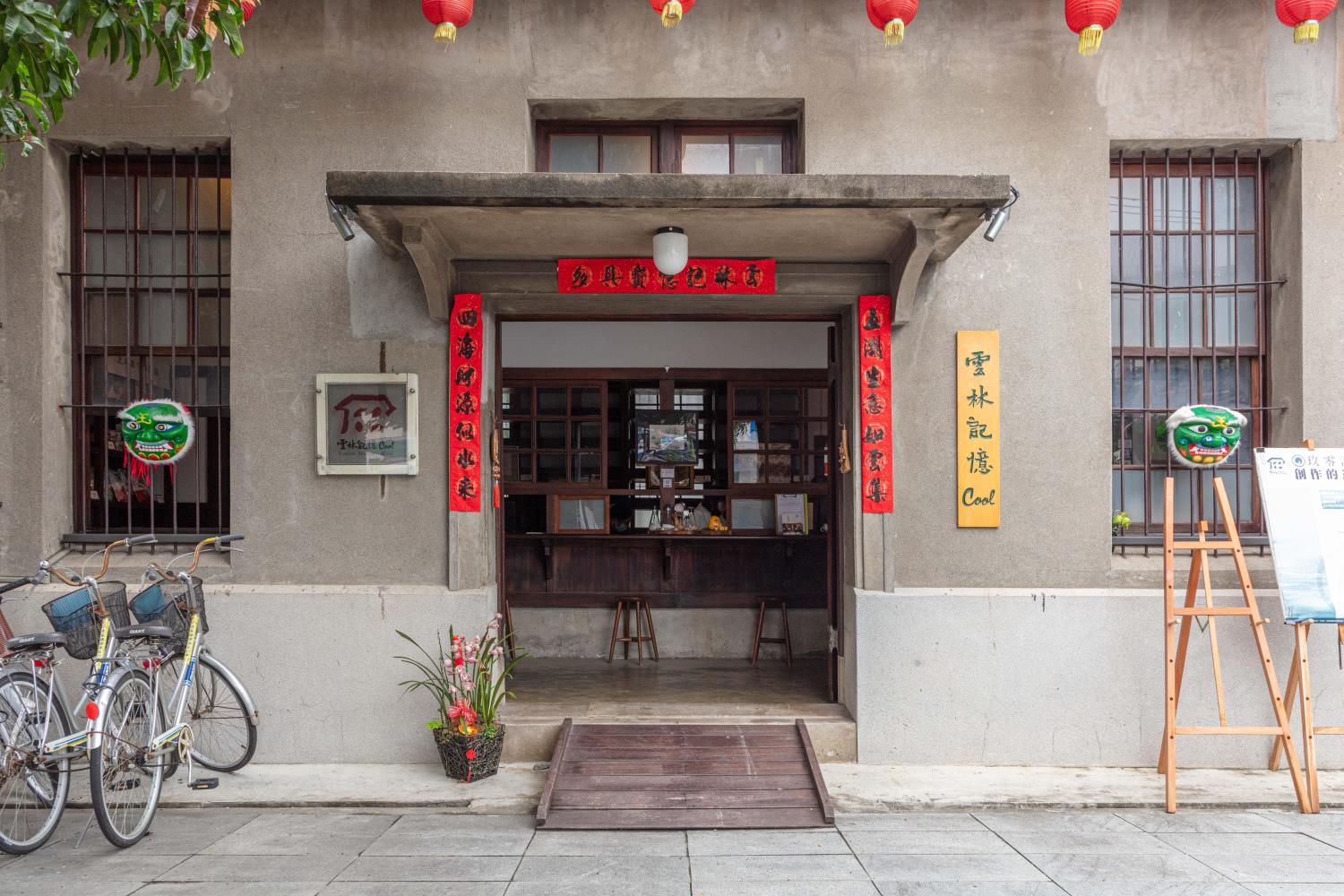
▲"Yunlin Memory Cool" transformed the past Tainan Court Huwei Branch Office into Huwei's new art and culture landmark. (Photo by Lin Ying-cheng)
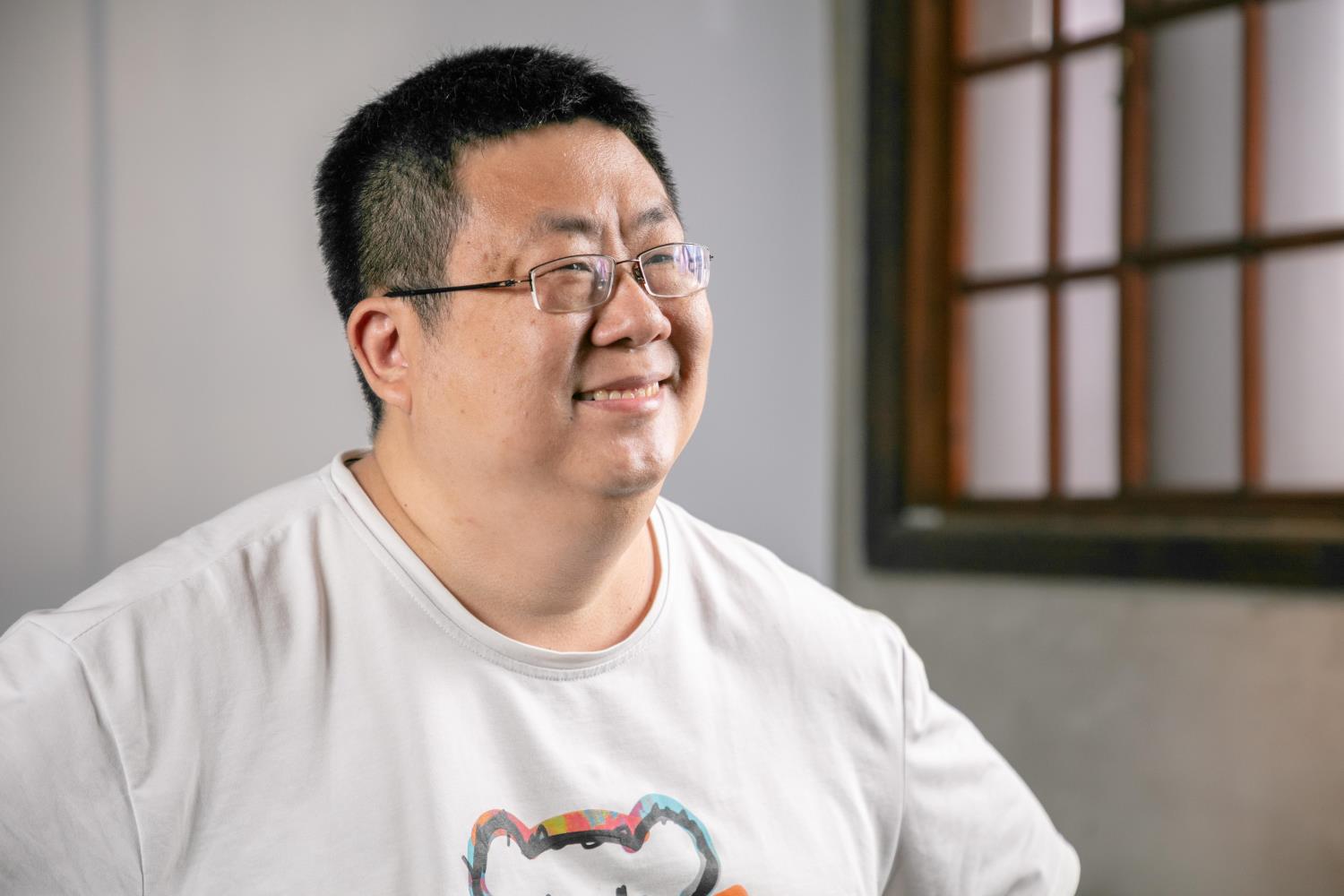
▲As a former film director, Mr. Chen Meng-qiu now devotes himself to marketing the Club's events on self-media. (Photo by Lin Ying-cheng)
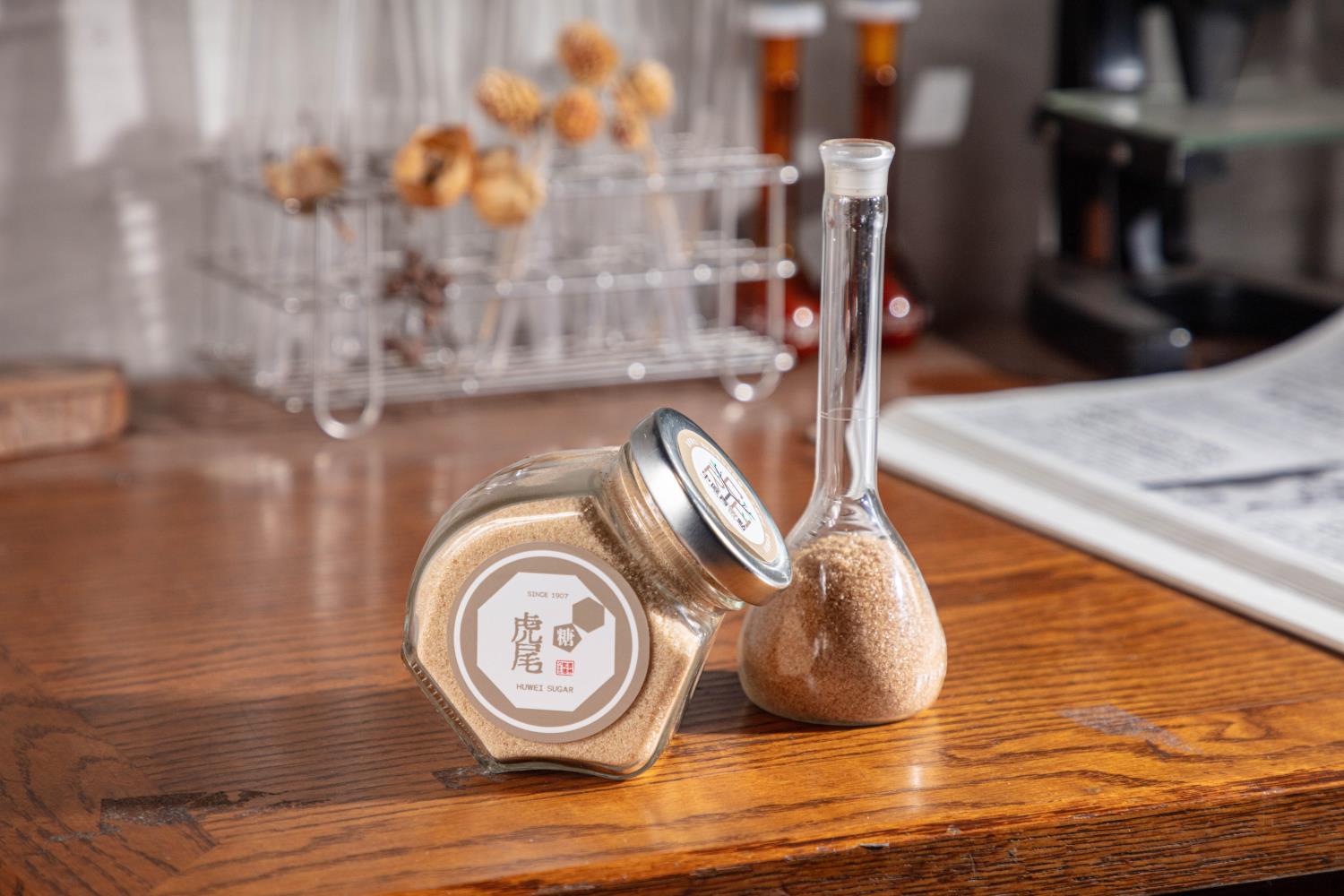
▲The small can size of "Huwei Sugar" has become the must-buy souvenir. (Photo by Lin Ying-cheng)
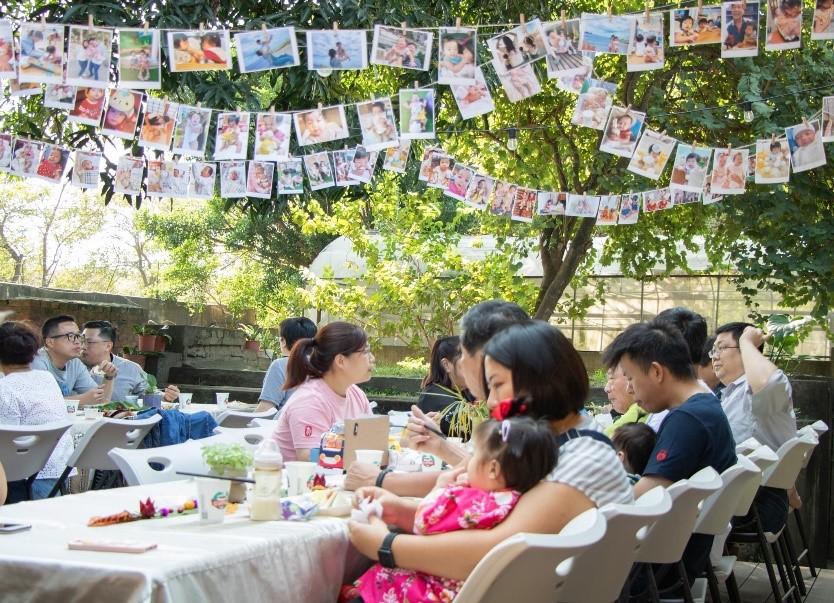
▲The afternoon tea, Japanese-style Zhua Zhou, birthday, and wedding parties of "Yunlin Memory Cool" have been well received. (Photo provided by Taiwan Chief Executive Officer Club for Social Benefit)
Case Story: Empowering Employment Program
Interviewee: Taiwan Chief Executive Officer Club of Social Benefit
![]()
This work is licensed under a Creative Commons Attribution-NoDerivatives 4.0 International License.
Please attribute this article to “Workforce Development Agency, Ministry of Labor.”
